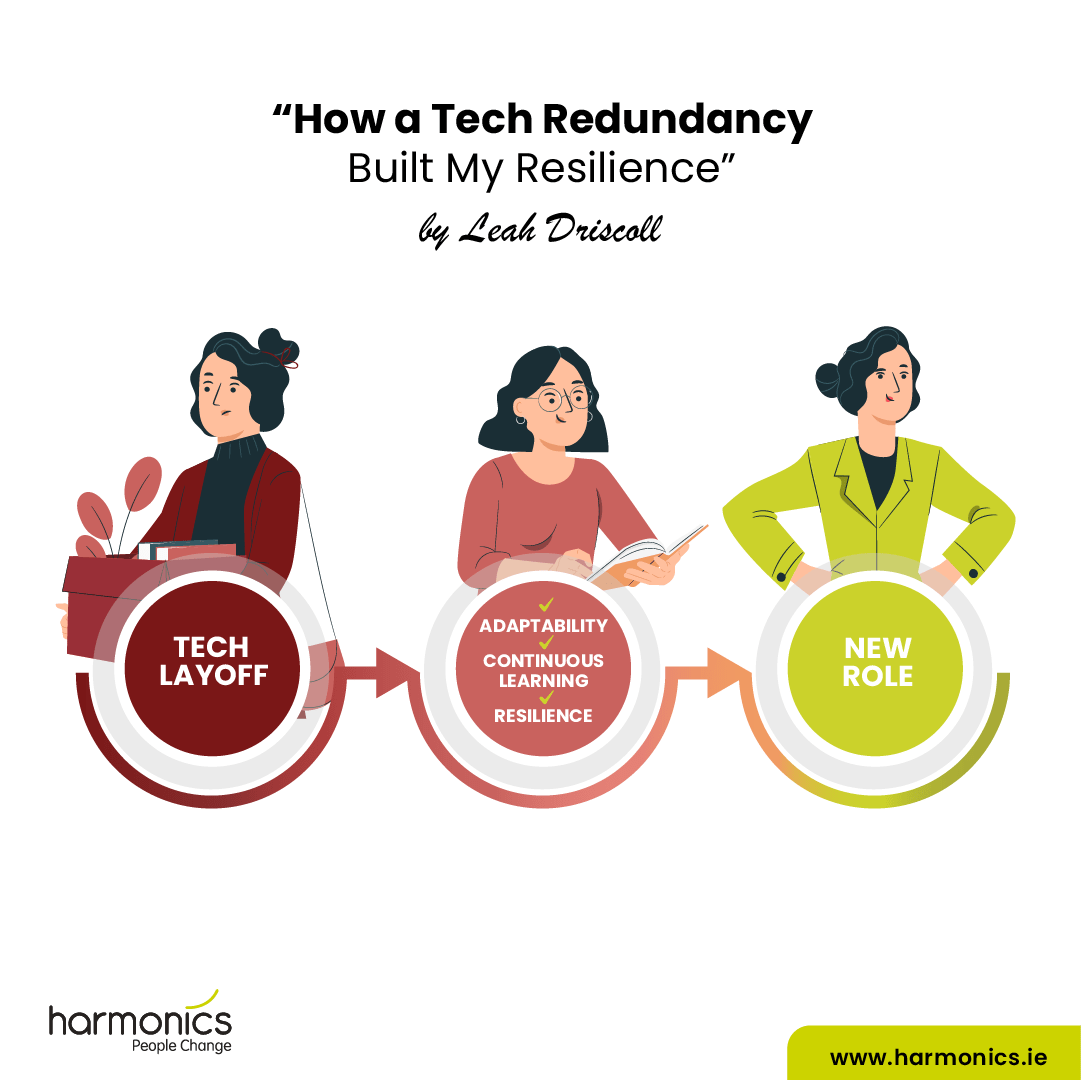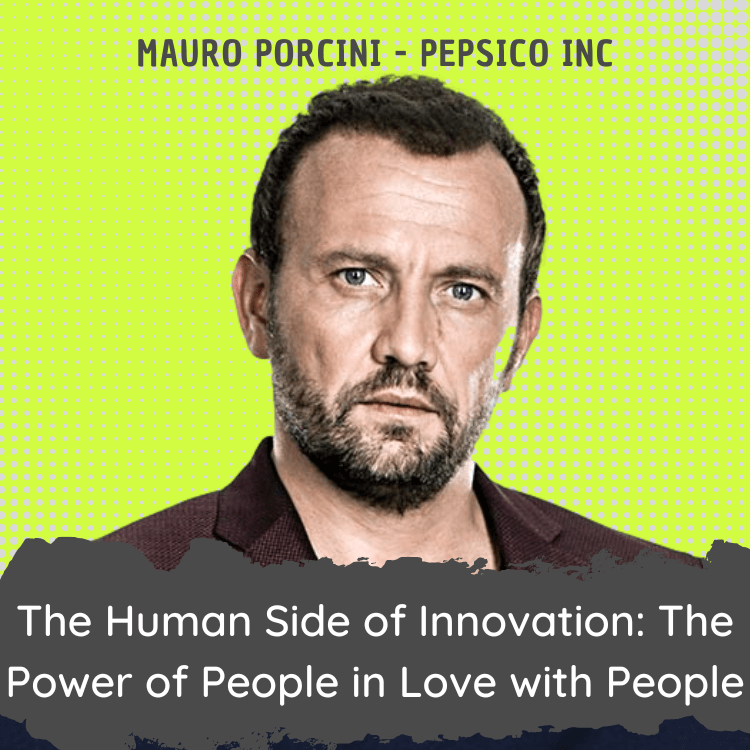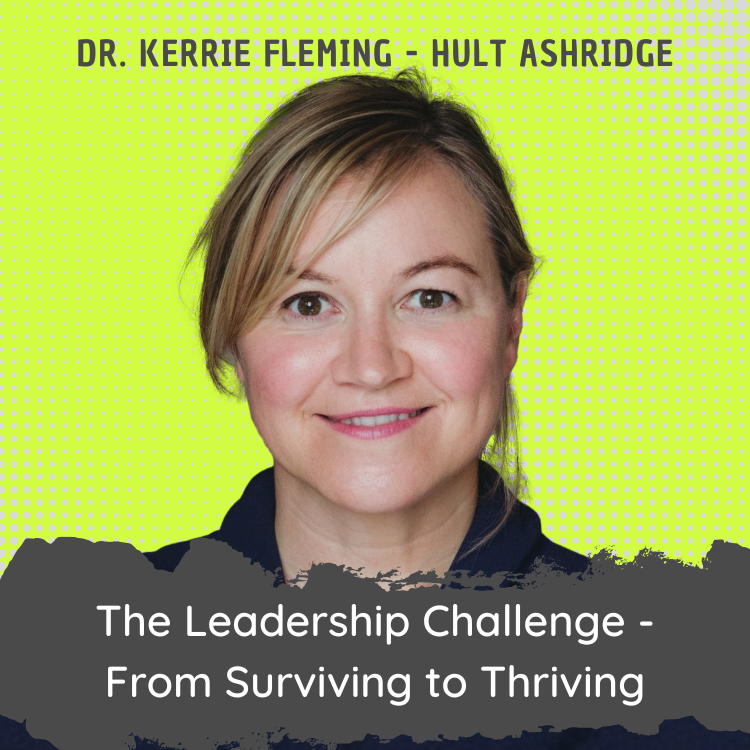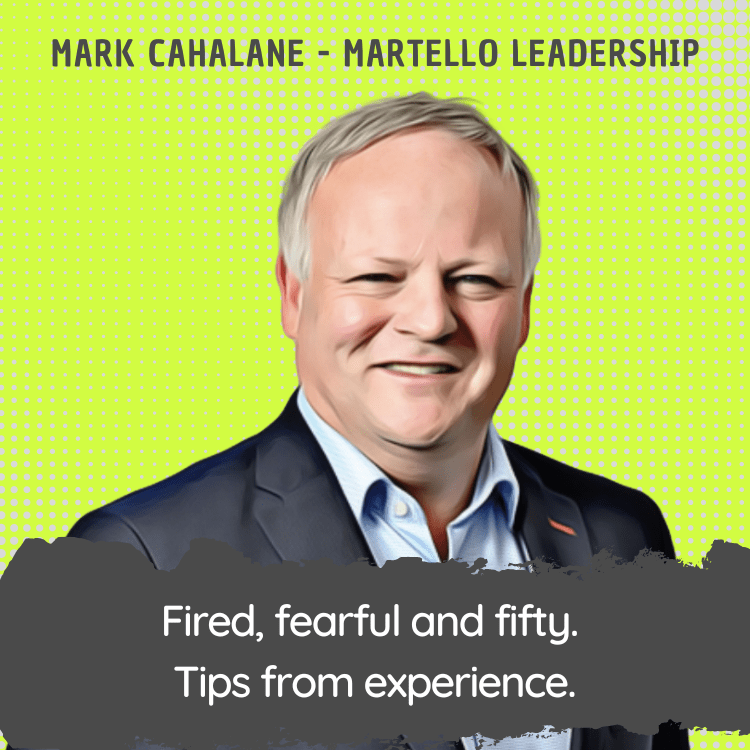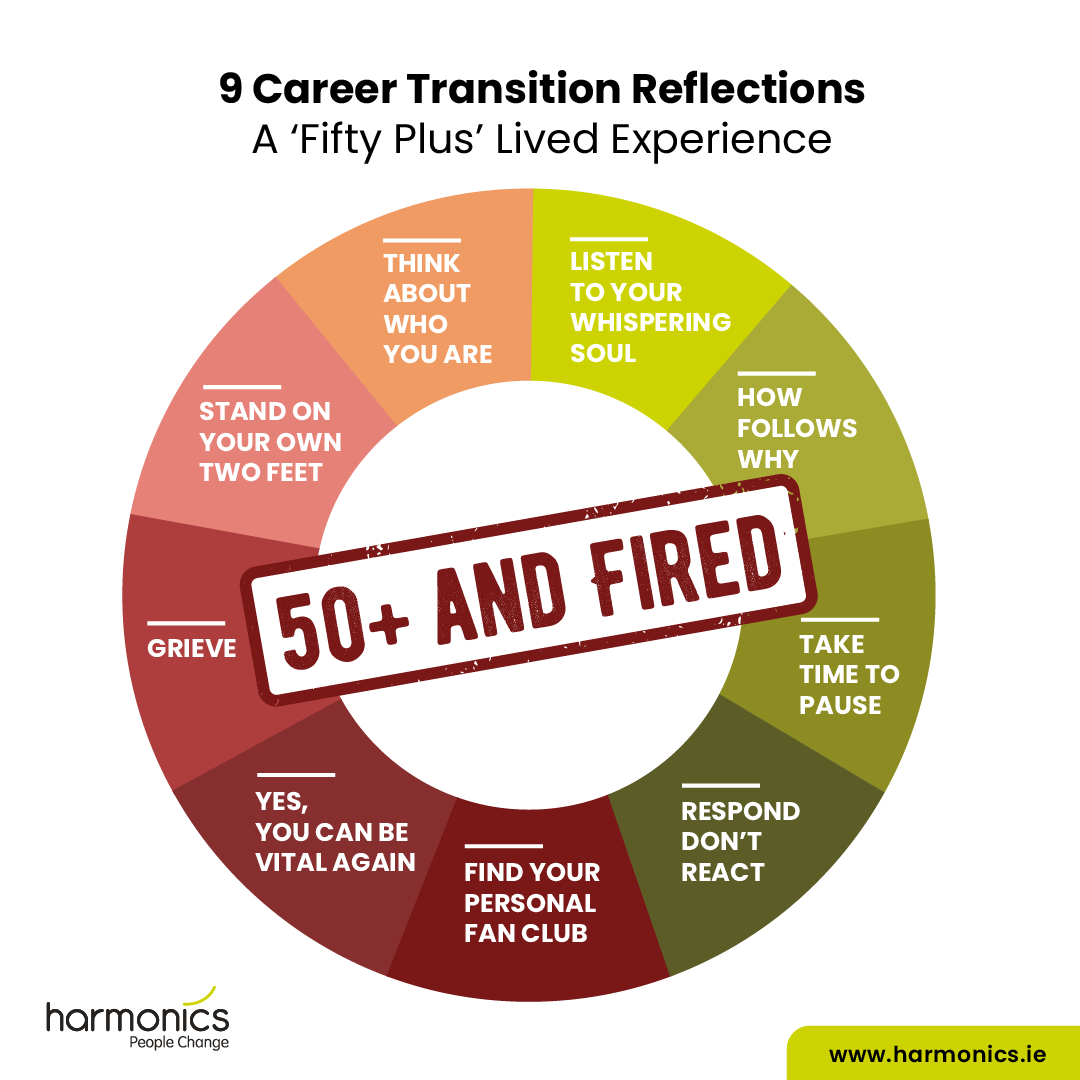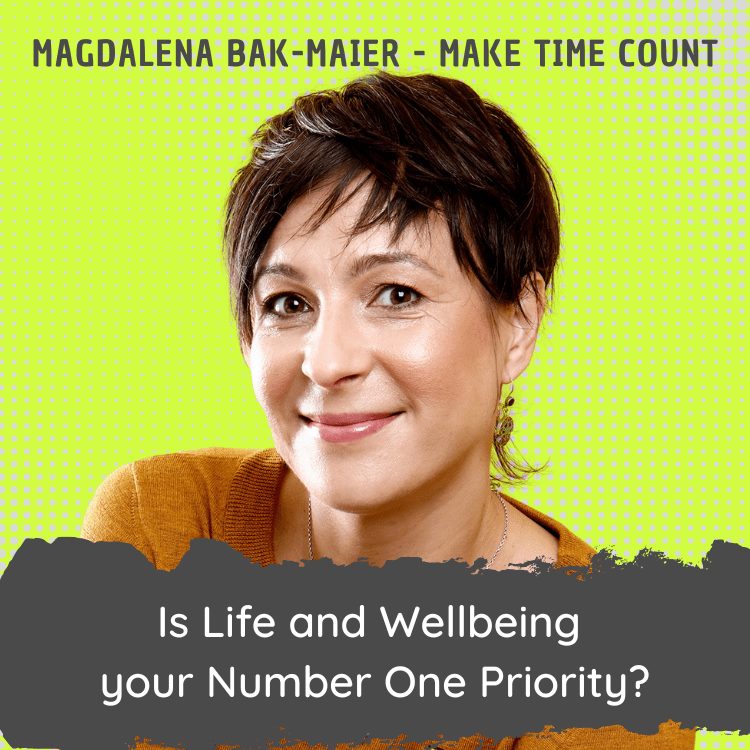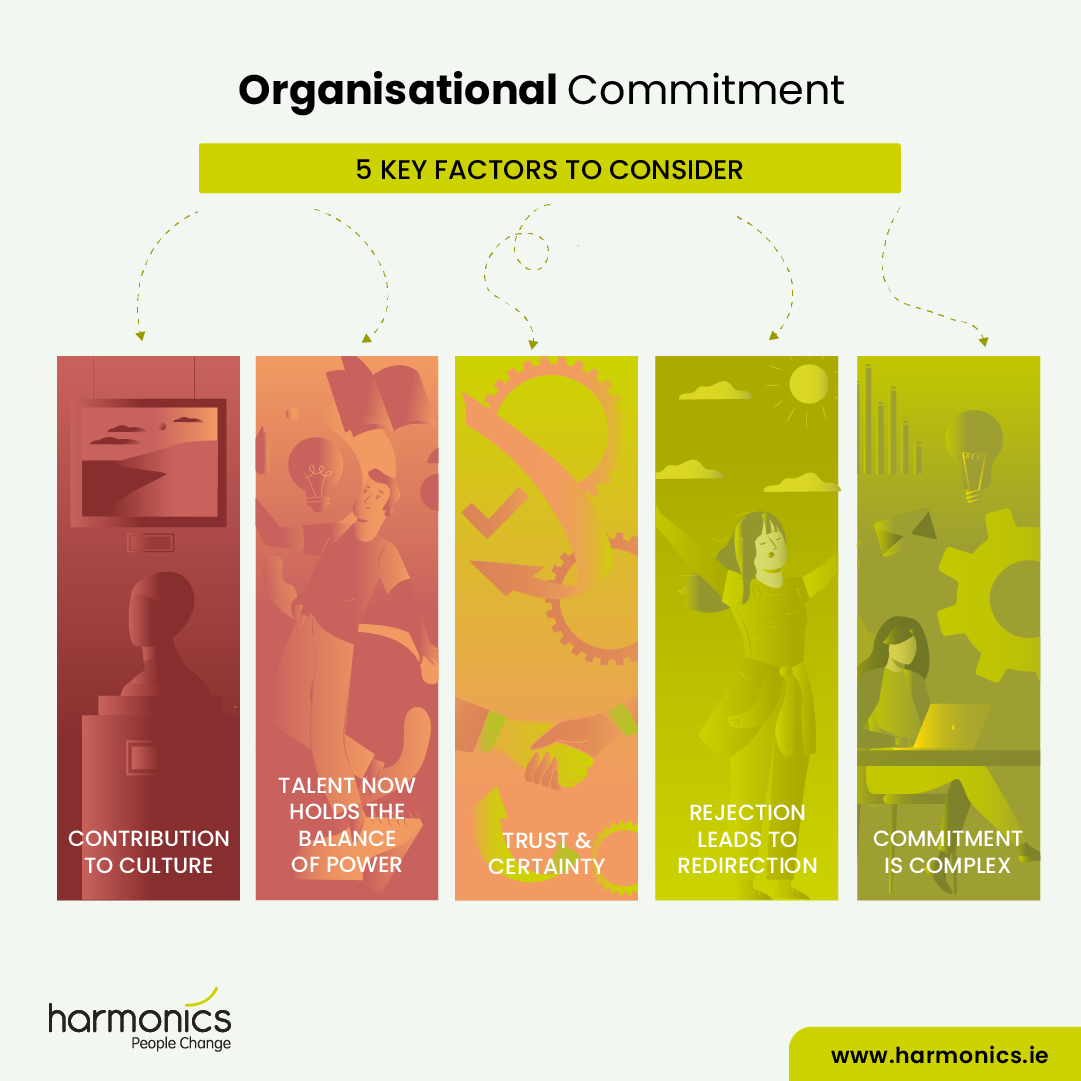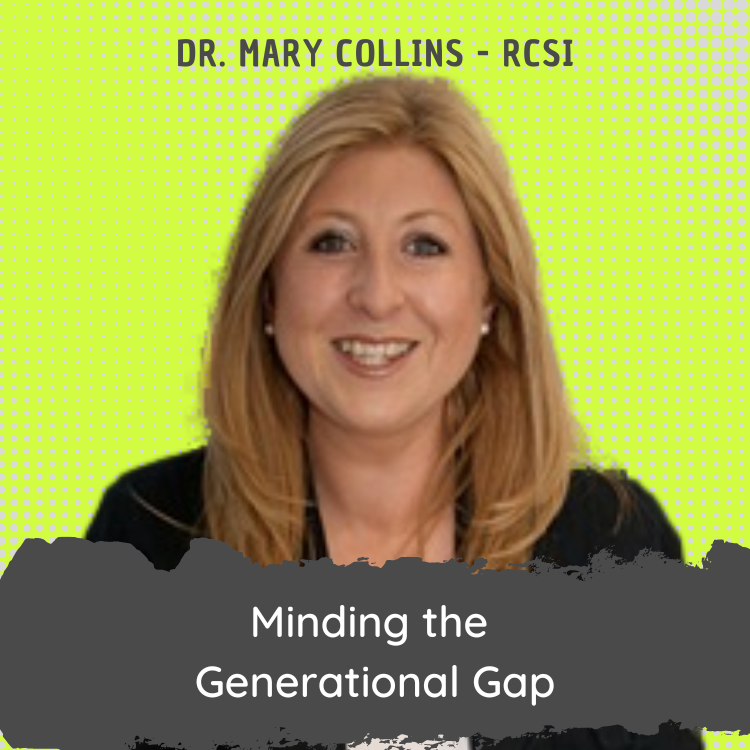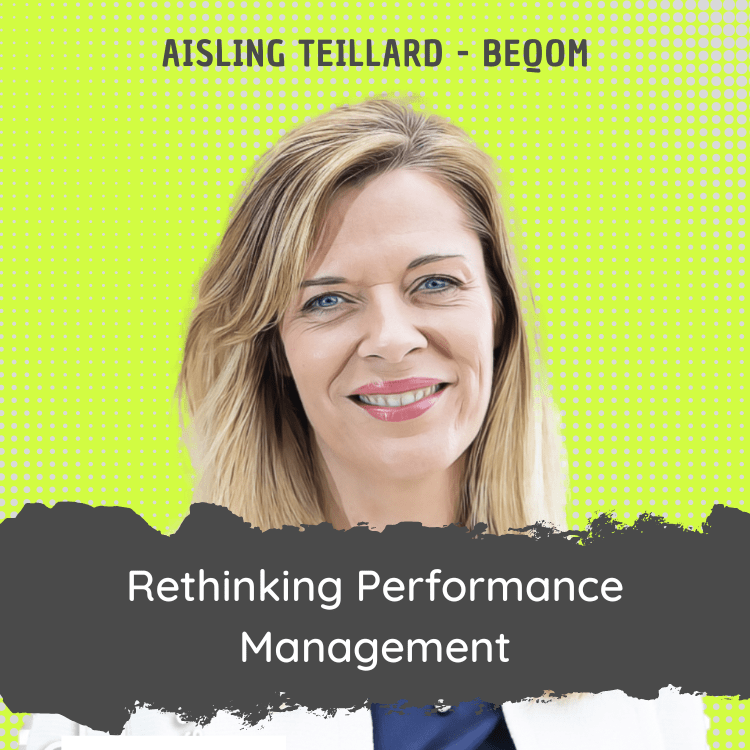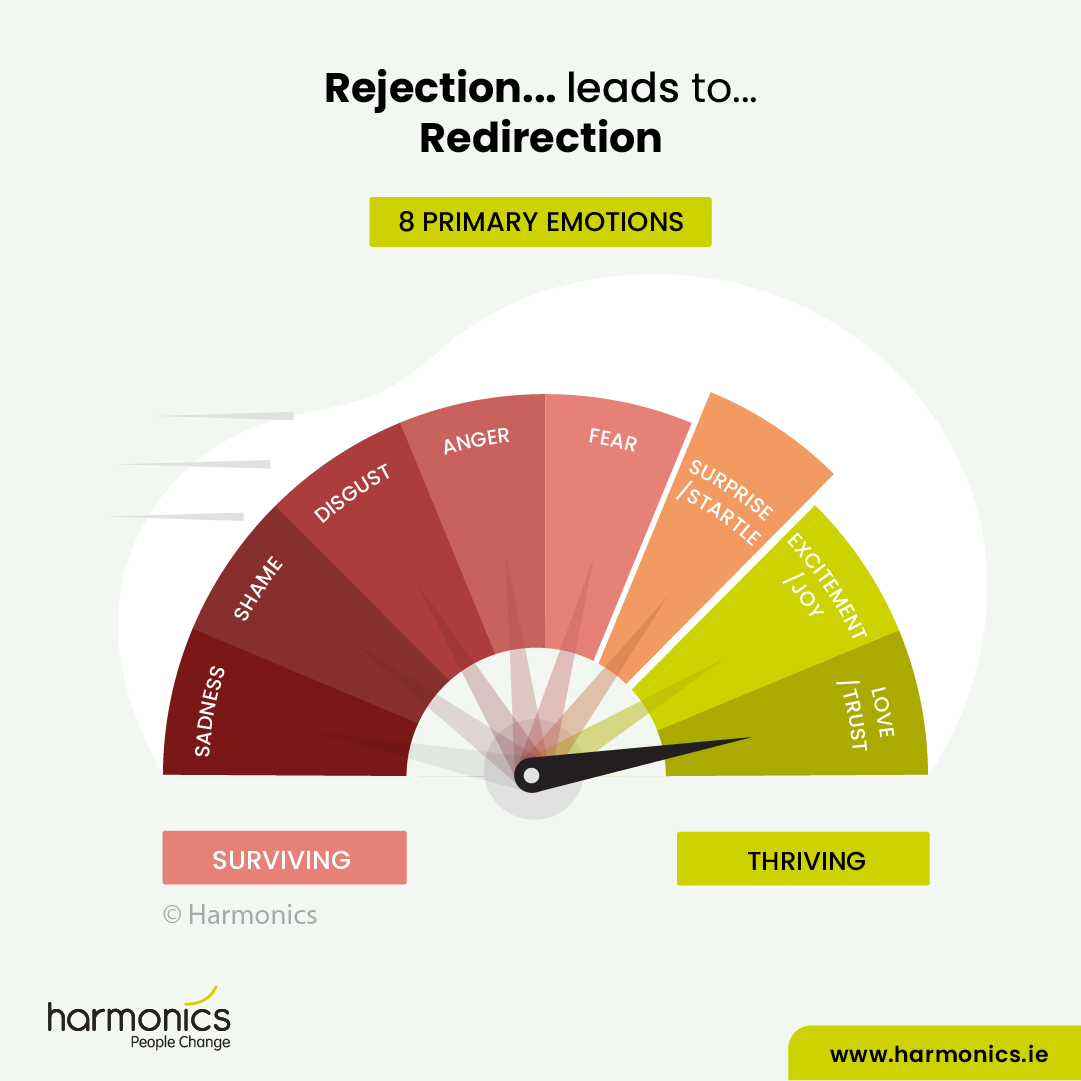In the ever-evolving world of technology, change is inevitable, and even the most stable of jobs can be upended in an instant. In this candid and insightful guest post, Leah Driscoll shares her personal experience of job loss and the subsequent journey of self-discovery and growth.
Leah’s journey offers valuable lessons on adaptability, continuous learning, and resilience, while also emphasising the importance of self-care and maintaining a sense of purpose.
This year, I was one of the many thousands of tech workers whose role was eliminated in the blink of an eye. I am in my late-twenties, and had joined the company 18 months ago, ironically, during a period of hyper growth in the company.
I truly loved my job. I worked fully remotely, which suited my introverted self down to the ground. The industry I worked in was fast paced and exciting, and I felt in sync with my manager and my team. I was thriving in my role – my expectations in Q1 of 2023 were to finally clinch a promotion I had been working towards for some time.
It turns out my prediction was about as accurate as Met Eireann’s average weather forecast. I was expecting a clear and sunny future, and instead I was thrown into a storm. I, along with thousands of other colleagues were logged out of all work devices and received a text informing us of our likely redundancy.
Luckily for me, I think my generation has been somewhat primed for this season of layoffs. I was still in school during the recession of 2008. By witnessing what was going on in the world, I learned that no job is permanent, no matter how stable it seemed. I learned never to take a job for granted.
Additionally, over the past ten years, a plethora of jobs that previously never existed have cropped up, particularly in the tech space. Suddenly, there was such a vast array of jobs available to suit different skill sets, it simply didn’t make sense to stick to just one career path. I have always viewed a job as a project in my portfolio, a chance to build new skills, rather than a lifelong commitment. This perspective meant that I could accept this redundancy as an opportunity to find my next project, my next challenge.
I don’t want to diminish the impact a layoff can have on a person – figuring out your next step can be intimidating and frustrating, especially in a more challenging job market. I have certainly felt like this myself over the past few months. Here are three skills that have helped me to move through this period:
- Adaptability: While figuring out my next step, I have been able to use my skills on a freelance basis in an external consulting role for a company. This has been a great opportunity to gain new perspectives, collaborate with new people, and continue doing the work that I love.
- Continuous Learning: The extra time on my hands has provided the perfect opportunity to build on my skills through learning. Not only does this keep me busy and help me to grow, it looks great on a resume for a potential future employer.
- Resilience: It can be difficult to motivate yourself after a layoff, and there is a lot to be said for simply managing to put one foot in front of the other every day. For me, it was helpful to sit down and determine what my high level goals were for the coming months (eg. find a new job, complete a course). Then, I would try to complete one small task a day that would help me move a little further towards that goal (eg. research a company I am interested in, watch one instructional video). This has really helped me to maintain a sense of purpose, without burning myself out.
Perhaps more important than all of these things is to look after yourself. It can be easy to fall into a trap of feeling like you constantly need to be productive – incessantly refreshing LinkedIn Jobs, back to back interviews, even scrubbing your house top to bottom. All of those things are great, but in the same way you need a work life balance when you are employed, when searching for a job, you need to carve out time for you to relax and do the things you love without feeling guilty. Even though you are on the job search, you deserve to rest, just like everyone else.
Finally, it is reassuring to know that I am not alone. There are so many talented and hard working people who are going through the same experience as me. While this period has been a struggle, I am excited by the future. I am lucky enough to have secured a great new role elsewhere in Europe and am looking forward to fulfilling a personaI goal of living and working abroad.
I am also excited to see how the tech industry develops after these layoffs, and the new players who will emerge as a result. have no doubt that in 5-10 years, we will be hearing from the latest unicorn company founder, whose latest great innovation was sparked by their layoff from a tech company in 2023. The future is bright.
Leah Driscoll

